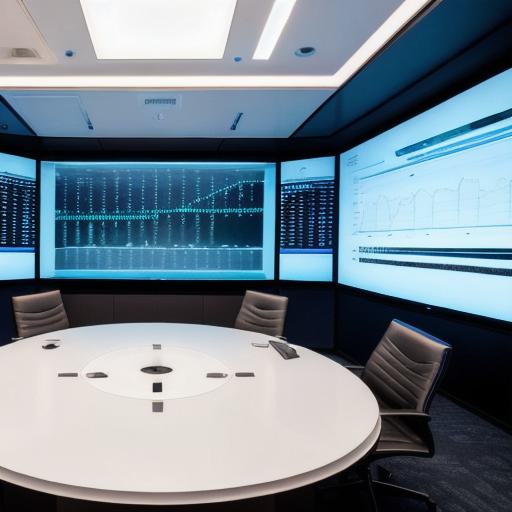Mergers and acquisitions (M&A) transactions involve the exchange of vast amounts of sensitive business information between multiple parties. Traditional methods for sharing such data, like physical data rooms or email attachments, can be time-consuming, inefficient, and pose security risks. Enter virtual data rooms (VDRs), which have revolutionized the M&A process by offering numerous benefits:
1. Secure Access and Control:
Virtual data rooms provide a secure platform where deal parties can access, review, and collaborate on sensitive documents. Access is granted based on user-defined permissions, ensuring that only authorized individuals can view specific files. This level of control minimizes the risk of unintended data leaks.
2. Enhanced Data Protection:
VDRs employ advanced encryption technologies and access logging to protect your data from unauthorized access or breaches. With features like two-factor authentication, watermarking, and document revocation, you can be assured that your confidential information remains secure throughout the deal process.

3. Streamlined Collaboration:
Virtual data rooms facilitate real-time collaboration between deal teams, allowing them to work together seamlessly on due diligence tasks. With features like document versioning and commenting tools, all parties can review, discuss, and share feedback directly within the VDR, saving valuable time and resources.
4. Cost Savings:
By eliminating the need for physical data rooms and travel expenses, virtual data rooms offer significant cost savings to companies involved in M&A transactions. Additionally, as VDR providers often offer scalable pricing plans, you can choose a service that best fits your budget and deal size.
5. Faster Deal Execution:
Virtual data rooms enable faster deal execution by providing instant access to documents, allowing parties to review, negotiate, and close transactions more efficiently. With 24/7 availability and support for various file formats, VDRs ensure that the M&A process moves forward without unnecessary delays.
Example: Consider a global technology firm looking to acquire a mid-sized competitor. Using a virtual data room, they can securely share sensitive business information with their legal and financial advisors, as well as potential investors or regulators. By providing controlled access, the firm maintains confidentiality while streamlining the review process, ultimately saving time and resources during the deal execution.
Summary: Virtual data rooms have become an indispensable tool in today’s complex M&A landscape. Offering heightened security, enhanced collaboration capabilities, cost savings, and faster deal execution, VDRs help companies navigate the intricacies of mergers and acquisitions more effectively and efficiently.
